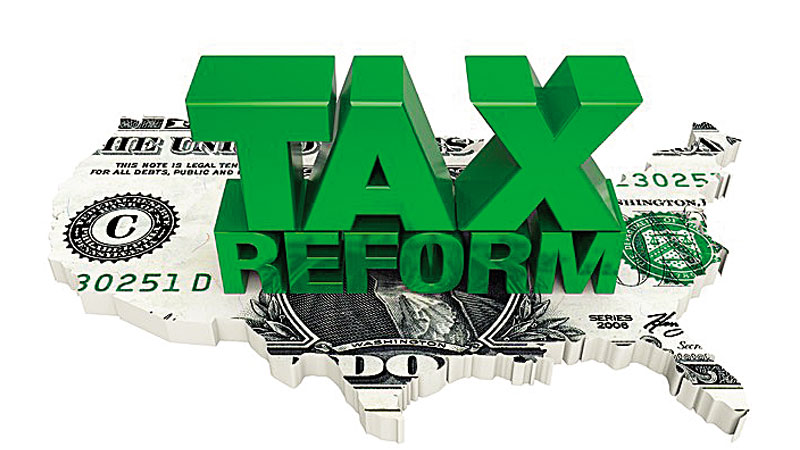Mubashar Nadeem
Pakistan’s recent sugar export and import policy has once again exposed the fragility of economic decision-making, technical incompetence, and the overbearing influence of vested interests in the country’s governance system. The decision to first export 765,000 tons of sugar and then to import 750,000 tons in the same fiscal year is not merely a flawed economic experiment—it is a reflection of systemic governance failure, policy discontinuity, and a troubling disregard for public welfare.
The government celebrated the acquisition of Rs114 billion in foreign exchange from exports as a financial success. However, this move led to severe repercussions at the local level: inflation spiked, and sugar—an essential commodity—became increasingly unaffordable for the average consumer. The more than Rs50 per kilogram increase in domestic sugar prices was not just a financial burden—it raised critical questions about the government’s economic priorities.
Officials claimed that sugar exports were permitted only because local production had exceeded national consumption. But the subsequent decision to import almost the same quantity within months exposed either severe flaws in data forecasting or a policy driven not by national interest but by a small circle of economic beneficiaries. It reinforced the perception that conflicts of interest continue to plague policymaking in Pakistan, where decision-makers often have direct stakes in the sectors they regulate.
This is not merely a fiscal or agricultural issue; it is a crisis that shakes the very foundations of governance. Had there been a reliable, scientific, and integrated analysis of domestic reserves, market demand, and international prices, the government would neither have authorized large-scale exports nor resorted to expensive imports later. Ultimately, it was the public—especially the lower and middle-income segments—that bore the brunt. For them, sugar is not a luxury but a daily necessity.
This crisis highlights a deeper institutional weakness: policy decisions are often based on speculative projections and short-term political gain, rather than on sound economic analysis. The pace at which decisions were reversed generated market uncertainty, enabling profiteers and hoarders to manipulate prices without fear of regulation. The government failed to curb these exploitative practices, and no public institution offered any transparency regarding the individuals behind both the export and import decisions.
An equally pressing question arises: if the foreign exchange earned from exports benefited the national economy, why was none of it used to stabilize domestic prices or provide subsidies to consumers? Why were the people made to pay the cost of decisions that enriched a select few?
This situation is a stark reminder of the severe lack of transparency in state decision-making. Until policymaking is subjected to parliamentary oversight, guided by independent experts, and safeguarded against conflicts of interest through strong legal mechanisms, such “policy experiments” will continue to be costly and painful for the public.
Time and again, ordinary citizens are forced to suffer as their basic needs—such as food, fuel, healthcare, and education—are compromised by policies that protect the economic interests of a narrow elite. This not only undermines the principle of economic justice but also erodes public trust in the state.
An economy does not function in a vacuum; it is shaped by public expectations, state responsibility, and a long-term strategic vision. The sugar export-import debacle disrupted this delicate balance. What is needed now is not just administrative reform but a fundamental restructuring of economic policymaking—one that is centered on transparency, accountability, and public interest.
Otherwise, Pakistan will remain trapped in a cycle of crises—where the profits are privatized, and the costs are nationalized.














